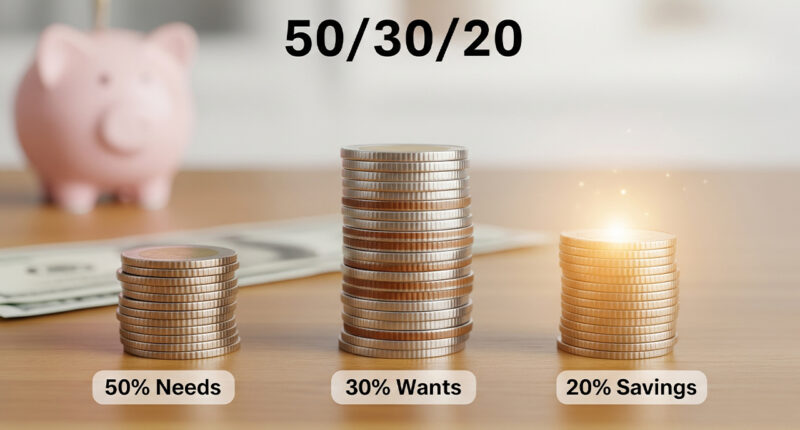Money and mental health are two topics often treated as separate, yet they are intrinsically linked. The stress of financial worries can be a significant contributor to anxiety, depression, and other mental health challenges. Conversely, poor mental health can lead to impulsive financial decisions, creating a vicious cycle that’s hard to break.
The constant pressure to make ends meet, save for the future, and manage debt can feel overwhelming, like a weight on your shoulders. But you can start to lighten that load by understanding the connection and taking proactive steps to improve both your financial and mental well-being.
Acknowledge the Link, and Talk About It The first step to reducing financial stress is to stop avoiding the topic. For many, talking about money is taboo, but silence only amplifies anxiety. Open up to a trusted friend, family member, or a financial advisor. Simply verbalizing your concerns can provide immense relief and give you a new perspective. Remember, you are not alone in your struggles.
Implement “Financial Self-Care” Managing money doesn’t have to be a source of fear; it can be a form of self-care. Start with small, manageable steps that feel empowering, not restrictive.
- Track your spending: For one week, simply write down every dollar you spend. This isn’t about judgment, but about awareness. Understanding where your money goes is the first step to directing it with intention.
- Create a mini-budget: Don’t try to overhaul your entire life at once. Pick one area, like your grocery or coffee spending, and set a small, realistic goal to reduce it.
- Automate a small savings amount: Even setting up an automatic transfer of $25 per paycheck to a separate savings account can build a sense of security and control. It’s a small win that proves you can do it.
Separate Your Self-Worth from Your Net Worth One of the most profound causes of financial stress is the belief that your value as a person is tied to your income or net worth. Society often equates wealth with success and happiness, which is a dangerous myth. You are more than your bank account. Remind yourself of your skills, your relationships, and the positive impact you have on the world. This emotional reframing is key to reducing the pressure you put on yourself.
Automate to Reduce Decision Fatigue Financial decisions, no matter how small, can be emotionally taxing. Automate as much as you can. Set up automatic bill payments so you don’t have to worry about due dates. Automate savings and investment contributions so they happen before you even have a chance to spend the money. This “set it and forget it” approach frees up mental energy and reduces the opportunities for impulsive, emotion-driven financial choices.
By taking these small, consistent steps, you’re not just improving your finances; you’re actively investing in your mental health. A healthier relationship with money leads to less stress, more peace, and a greater sense of control over your life.









